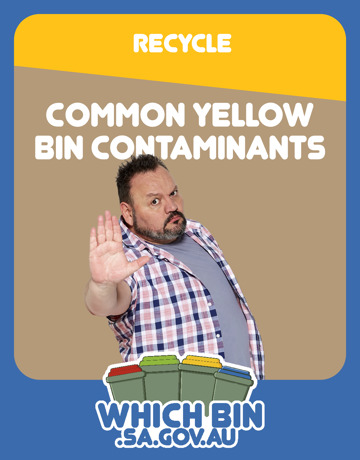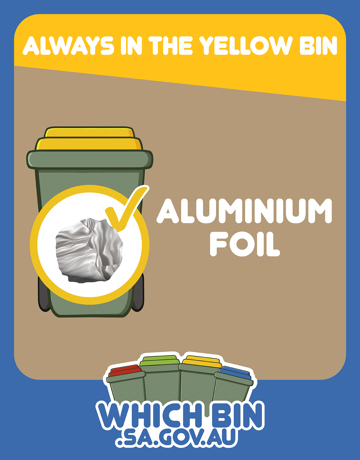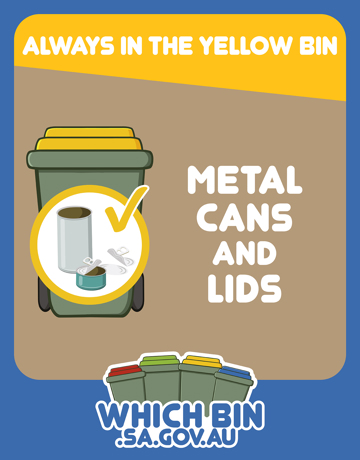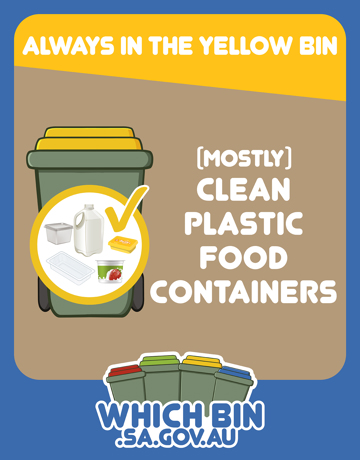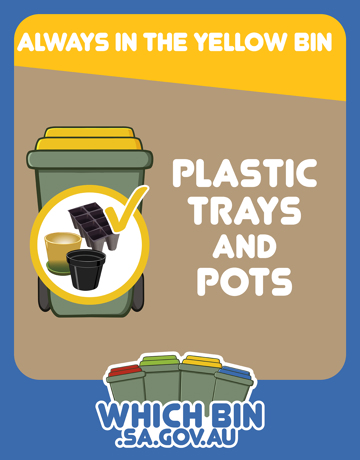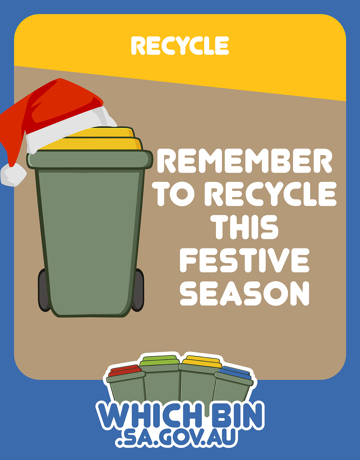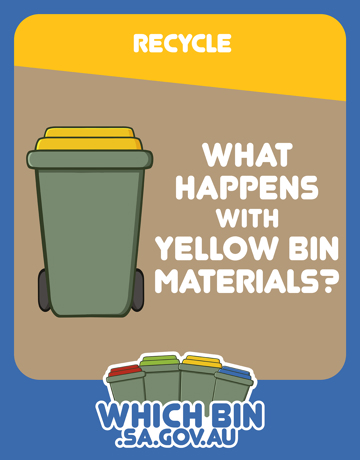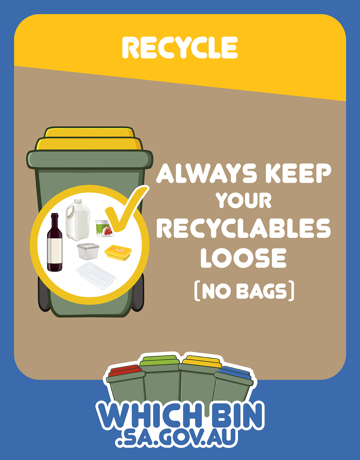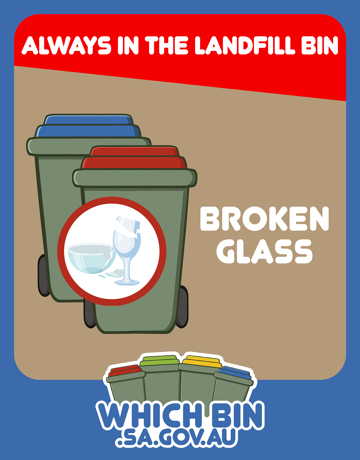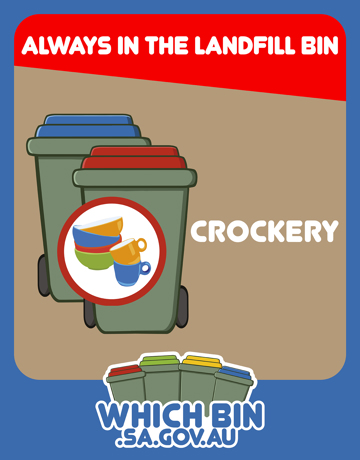Placing landfill and organic waste items in your yellow recycling bin can contaminate the valuable recycling mat...
WHICH BIN? Tips to improve your recycling
Need to know 'which bin' and more importantly, why?
Our handy and simple tips will help you get the most out of your recycling efforts.
Aluminium foil can be recycled by scrunching it up into a ball the size of a tennis ball and placing it into you...
Cans, like the ones peas and corn come in, can be rinsed and placed in your recycling bin.To recycle the metal l...
Plastic food containers and bottles, like ice cream tubs, yoghurt pots, butter and margarine tubs, sauce bottles...
Plastic pots and trays that new seedlings and trees come in can be recycled by emptying out the soil, giving the...
This festive season (and always), be mindful of what materials you’re throwing away – it’s likely a lot of ...
Once collected from the kerbside, your yellow bin materials are taken to a Materials Recovery Facility (MRF), wh...
When placing items in your recycling bin, keep them loose and free of plastic bags.When a bag of recyclables arr...
While whole, unbroken glass bottles and jars can be placed in your yellow recycling bin, any broken glass needs ...
Ceramic plates, bowls, mugs, saucers, pots, and dishes made from earthenware or china must be placed in your red...

